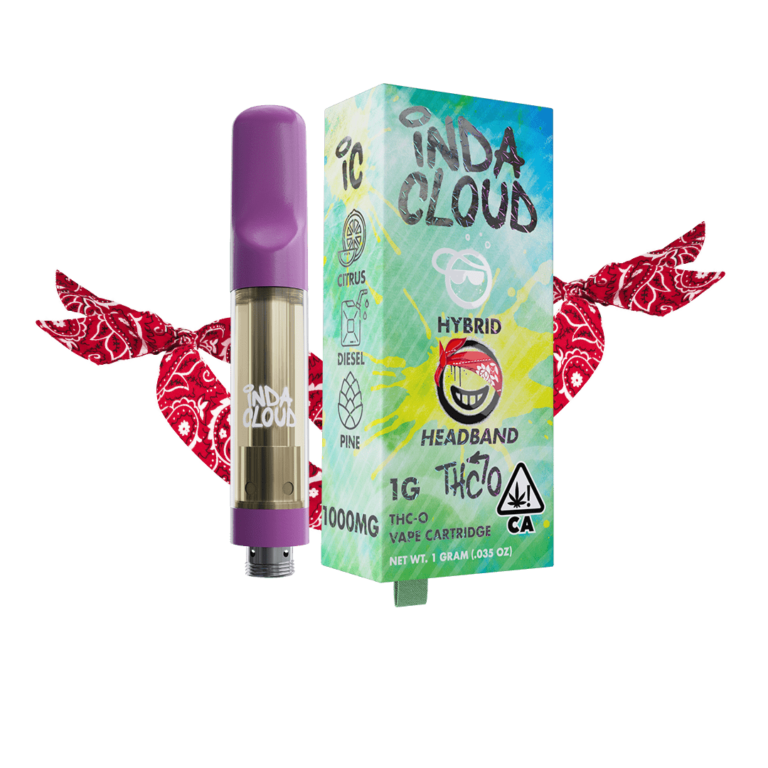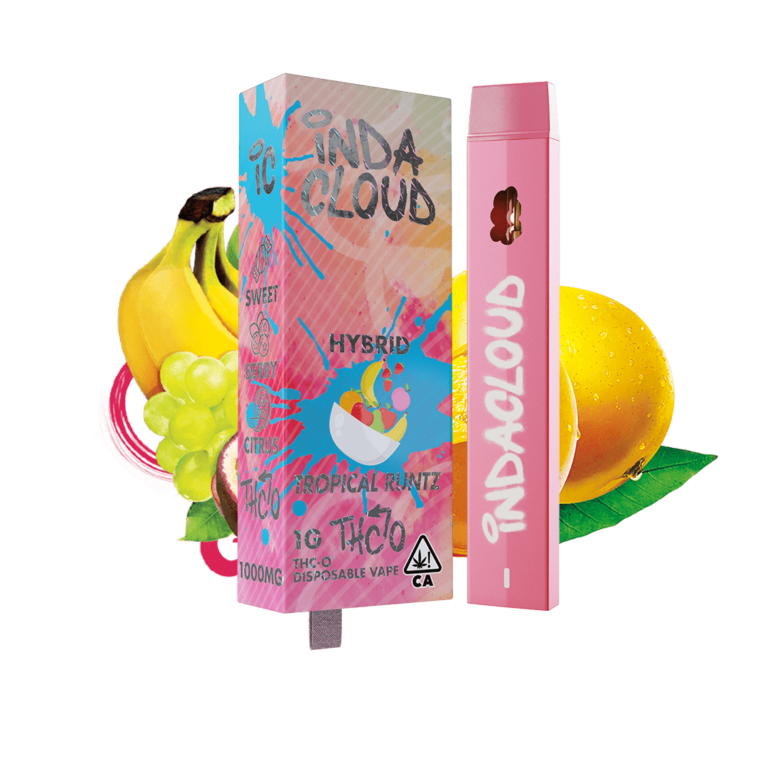Tetrahydrocannabinol and Memory
Various researchers have found that the Tetrahydrocannabinol, or THC, has a number of potential uses, including treating cancer. It also can improve memory, and help in the relief of pain. Its side effects include psychiatric and liver issues.
Problems with psychiatric disorders
Various cannabinoid compounds, including delta-9-tetrahydrocannabinol (THC) and cannabidiol (CBD), have been investigated as possible treatment options for psychiatric problems. These cannabinoids may have beneficial effects for treatment, but can have negative effects.
order thc usa (https://www.dankdollz.com) can cause psychiatric effects in a dose-dependent way, and is possibly more effective in causing symptoms of psychiatric illness than CBD. The exact mechanism is undetermined.
Cannabinoid chemicals are a group that affect the central nervous system. These include delta-9-tetrahydrocannabinol and cannabidiol, which are found in marijuana, as well as dronabinol, which is synthetic.
The effects of cannabinoids are believed affect the brain’s endocannabinoid systems, which is a highly-complex neuromodulatory system that is abundant in the prefrontal cortex. The cannabinoids work through the CB1 receptors for cannabinoid, which are 10 times more potent than opioid receptors. These receptors are located in the hippocampus and control memories that are associated with fear.
 Cannabinoid usage has been linked with adverse reactions as well as a high percentage of emergency room visits to emergency rooms. In addition, there is evidence of a link between cannabis usage and psychosis.
Cannabinoid usage has been linked with adverse reactions as well as a high percentage of emergency room visits to emergency rooms. In addition, there is evidence of a link between cannabis usage and psychosis.
While a variety of studies have demonstrated that THC can produce positive or negative effects on the psyche, it’s not clear if these effects are consistent. A single THC administration could lead to some psychiatric signs that are combined such as hallucinations and delusions.
One study suggests that CBD may help to reduce the induction of psychiatric symptoms by THC. Another study concluded that the synthetic cannabinoid nabilone could help patients suffering from posttraumatic stress disorder and improve sleep quality.
Pain relief
There are a variety of options for CBD or THC products for pain relief. The good newsis that most people can find a product that works.
Numerous studies have demonstrated that cannabinoids work in relieving pain. They are typically administered as capsules, oils, or inhaled.
The endocannabinoid cannabinoid system regulates pain signalling as well as immune activation and order Thc usa inflammation. It operates independently from the opioid pathway. This is crucial because cancer patients typically suffer from chronic pain.
The primary psychoactive component of marijuana is delta-9-tetrahydrocannabinol (THC). This compound acts as an analgesic. It has also been shown to decrease inflammation and pain.
THC and CBD are the most prominent cannabinoids in cannabis. Some studies have shown that THC is not effective in alleviating pain. Others have proven that CBD and THC can work together to lessen the pain.
Cannabinoids do not just relieve pain, but can also reduce blood pressure and anxiety. Numerous research studies have demonstrated that high THC products are more effective at relieving pain.
One study examined the effects of THC and codeine on 36 advanced cancer patients. The results showed that THC significantly decreased the pain. However it was not as efficient as codeine. To determine the efficacy and safety of cannabis, primary endpoints were the pain diary score and NRS score.
Another study examined the effects of CBD oromucosal sprays. The researchers found that THC-CBD extract (nabiximols) was significantly more effective than placebo. They concluded that the optimal dosage was 8.3 sprays per day. This equates to 22.5 mg of THC per day.
Memory improvement
There is no evidence from science to support the assertion that cannabis extracts, or specifically cannabis, improve memory. However, a recent study has found that there is a link between cannabis and improved memory.
A study in mice showed that THC treatment enhanced memory performance in older rats. This effect was similar to the one observed in young mice. Older mice treated with THC performed better than mice treated with vehicle.
Research has also demonstrated that low doses THC can improve cognitive performance in a variety of animal models. This is a promising finding which could lead to creation of new medications for memory impairments.
A recent study on humans has found that CBD has the same benefits as THC. This could be due to the fact that CBD protects neurons that are crucial for cognitive function. It also assists in the production of endocannabinoids which bind with cannabinoid receptors in the brain.
To test this theory 32 regular users of marijuana were selected from Colorado’s Boulder-Denver metropolitan area. They were randomly assigned to one of three groups and were allowed to consume cannabis that contained different levels of CBD or THC.
The biggest decrease in memory accuracy was seen in those who used THC-only products. The combination of THC and CBD did not show any impairment in memory.
This study was conducted to examine the effects of different THC/CBD ratios on memory tests. It was also used to determine if various ratios of THC/CBD are suitable for different conditions of memory processing.
Neurogenesis
Among the many possible health benefits of cannabis, one is the capacity of cannabinoids to boost neurogenesis. This refers the growth of new brain cells. They also protect the brain from damage caused by excessive glutamate. In this respect the use of cannabinoids is a potential treatment for brain injuries that are traumatic as well as Alzheimer’s disease, multiple sclerosis and Parkinson’s disease.
Cannabinoids also have anxiolytic properties, which are similar in nature to antidepressants. The antidepressant effects of these compounds are likely to be due to the stimulation of neurogenesis.
In actual fact, several classes of antidepressants have been shown to boost hippocampal neurogenesis over a long time-course. The use of alcohol and other major drugs of abuse have been shown to inhibit hippocampal neurogenesis in adult rats. Recent research has investigated the effects of HU210 (a powerful synthetic cannabinoid) on neurogenesis.
Researchers reported that HU210 treatment resulted in a decrease in anxiety and an increase in BrdU-positive cells in the dentate gyrus. The increase in hippocampal neuron numbers did not correspond to a decline in neuronal function or NeuN-immunopositive neural neurons. This study further confirms the notion that HU210 can stimulate the growth of hippocampal neurons. Therefore, it is not required to use HU210 to block the CB1 receptor to exert antidepressant effects.
Researchers believe that brain development is dependent on the endogenous and endogenous systems. In the beginning of brain development cannabinoids are responsible for the release of different neurotransmitters. This is important since it permits brain changes as time passes.
Side effects on the liver
Numerous studies have examined the effects of cannabis on liver function. While some of these have suggested that cannabis could reduce the risk of alcoholic liver disease, others have not found any benefits. One study suggests that cannabinoids could prevent hepatic Steatosis, which could be an illness that is dangerous for people who suffer from fatty liver disease.
The largest gland in the human body is the liver. It produces protein and digestive enzymes. It assists in detoxification. It is located in the upper right abdominal cavity. It is connected to the intestine by the portal vein. It houses the hepatic arterial that provides oxygen-rich blood. It is separated by the spleen from the kidney.
Its main function in the body is detoxification. It has two main lobes: the upper part and the lower. It has two sources of blood supply that are the portal vein as well as the hepatic arterial. The liver is protected by a fat membrane.
It is believed that cannabinoids work on the CB1 and CB2 receptors in the liver. These receptors play a role in a myriad of functions, including the accumulation of fat, stimulation of appetite, and lipolysis. They also are believed to have an anti-inflammatory role. As a possible therapeutic target for liver diseases the ECS (endocannabinoid) system of the liver is being investigated.
It is important to remember that research studies in science are in their initial stages. More research is necessary to determine if cannabis is effective in treating liver diseases. As long as there isn’t any more information available, it is best to use caution when considering the use of cannabis.
Potentially effective treatment for cancer
 Cannabis has been used as an alternative remedy for long periods of time. However, it’s only recently that cannabis has been researched for its potential to treat cancer. Cannabinoids have been found to have multiple benefits in fighting cancer cells, suppressing tumour growth, and helping to relieve chemotherapy-related side effects.
Cannabis has been used as an alternative remedy for long periods of time. However, it’s only recently that cannabis has been researched for its potential to treat cancer. Cannabinoids have been found to have multiple benefits in fighting cancer cells, suppressing tumour growth, and helping to relieve chemotherapy-related side effects.
Cannabinoids were examined in the laboratory using mice and humans. The results have been mixed. Some studies show that cannabinoids are able to kill cancer cells, while others have not shown any effect. In contrast, the best results have come from the combination of cannabinoids such as THC and CBD.
There are still concerns about the safety and efficacy of cannabinoids. Specifically, there are not enough clinical trials to determine whether or not they are safe or effective in treating cancer.
Cell lines have been used in a variety of studies. These cell lines are similar genetically, however the results of each treatment differ depending on the cell type. The scientific term for this is a “molecular model.”
The majority of research involves cancer cells that were grown in the laboratory. These cells are usually from years-old tumors. They are typically transplanted into mice. However some studies have used cells from human cancer patients.
To test cannabinoids, researchers need to use pharmaceutical grade preparations. This means that the chemical component must be determined. This allows scientists to carry out more reliable and rigorous experiments. Researchers typically employ purified compounds. These are better for providing evidence that can be analyzed by doctors.